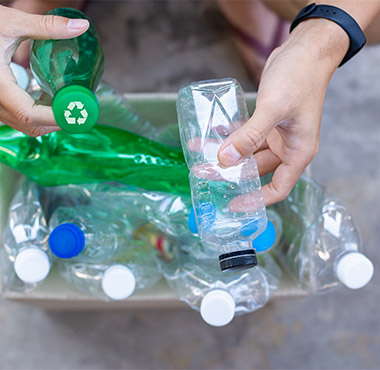
Why is Separating Plastic Waste Important?
Why is Separating Plastic Waste Important?
The separation of plastic waste is of great importance both environmentally and economically. Plastic materials are among the wastes that can remain intact in nature for hundreds of years and can cause serious damage to the environment. Therefore, it is a great necessity to separate plastics correctly and include them in the recycling process.
Environmental Benefits
Protecting Natural Resources: Recycling plastics reduces the consumption of oil and other raw materials used in the production of new plastics, which helps preserve natural resources.
Reducing Carbon Emissions: Carbon emissions from plastic production and disposal cause climate change. Recycling minimizes carbon footprint by reducing energy consumption.
Reducing Marine and Land Pollution: Failure to properly separate plastic waste causes serious pollution in oceans and natural habitats. Separation systems help control this waste.
Economic Benefits
Supporting the Recycling Industry: Separating plastic waste revitalizes the recycling sector, creates new job opportunities and contributes to the economy.
Energy Saving: Reusing plastics through recycling requires less energy than producing new plastics, thus saving both costs and energy.
Raw Material Acquisition: Reprocessing plastics in the recycling process supports the continuity of the economy by providing the raw materials needed to produce new plastic materials.
Social and Community Contributions
Awareness and ConsciousnessAs public awareness of the separation of plastic waste increases, people develop more responsible consumer habits.
Support for Municipalities and Local GovernmentsCorrect separation practices reduce municipalities' waste management costs and enable more efficient use of public resources.
A Healthy Environment: Reducing plastic pollution allows society to live in a cleaner and healthier environment.
Separation of plastic waste is not only the responsibility of individuals but also of industries and governments. Effective implementation of this process helps preserve natural resources, facilitate economic development and leave a more livable world for future generations.



